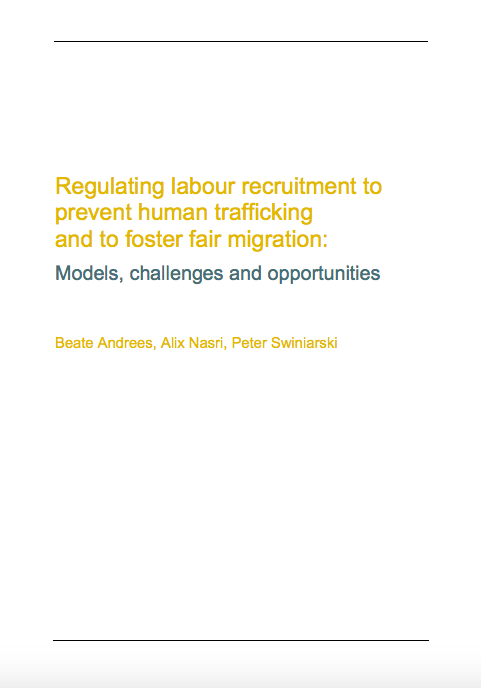The Equator Principles
GuidanceGood PracticesLarge infrastructure and industrial Projects can have adverse impacts on people and on the environment. As financiers and advisors, we work in partnership with our clients to identify, assess and manage environmental and social risks and impacts in ...Read More

